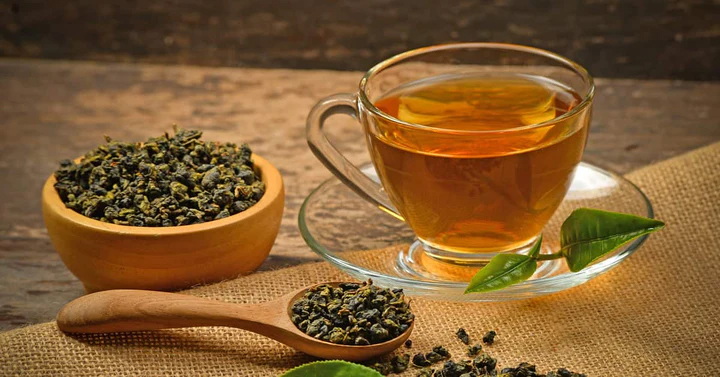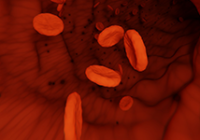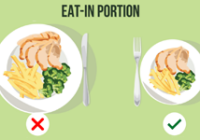By Dr. Elhamamsy, DMD
 The choices we make for fueling our bodies can play a crucial role in our overall wellbeing and especially the health of our smiles. If the mouth is the gateway to the rest of the body, then what we put in our mouths will have a direct correlation to our overall health.
The choices we make for fueling our bodies can play a crucial role in our overall wellbeing and especially the health of our smiles. If the mouth is the gateway to the rest of the body, then what we put in our mouths will have a direct correlation to our overall health.
According to the National Institutes of Health, dental caries (commonly called tooth decay) is reported to be one of the oldest and most common diseases found in humans. It’s defined as a chronic infectious disease resulting from tooth-adherent cariogenic bacteria that metabolizes sugars to produce acid, which over time demineralizes tooth structure.
 A key player in the development of caries is good old-fashioned sugar. If you have ever had a cavity as a child or an adult (and it’s rare if not), then you know just how much sugar can damage our teeth, let alone the rest of our health.
A key player in the development of caries is good old-fashioned sugar. If you have ever had a cavity as a child or an adult (and it’s rare if not), then you know just how much sugar can damage our teeth, let alone the rest of our health.
However, we must be aware that sugar comes in many forms beyond those found in soft drinks and candy. Sugar is also found in healthy fruits, juices, milk (lactose), honey, and many other common foods. Reading our nutritional labels and being mindful of naturally occurring sugars makes us more skilled at spotting when sweeteners or other sugars are added.
It’s also not just the what we consume (sugars) or the how we consume it (food and drink), but the when we consume that matters most. Frequency of sugar intake is just as important as the quantity. The little snacks we squeeze in in-between meals won’t just affect our health they will also increase the risk of tooth decay.
What can we do to combat dental caries? Emerging studies suggest promising avenues. Xylitol, a sugar alcohol ingredient found naturally or prepared by plant materials chemically, can actually be a preventative against caries. Xylitol limits plaque accumulation and decreases bacterial adherence, thereby working against tooth decay.
 Cranberries, teas, and fiber-rich foods have also been identified as potential warriors against caries. Both black and green tea have both an antimicrobial and anticariogenic affect. This protective, anticariogenic affect was found to remain for one hour following consumption.
Cranberries, teas, and fiber-rich foods have also been identified as potential warriors against caries. Both black and green tea have both an antimicrobial and anticariogenic affect. This protective, anticariogenic affect was found to remain for one hour following consumption.
In many European and Middle Eastern cultures, it is customary to end a meal with a piece of cheese. Science is now backing this preventative tradition due to the finding that cheese stimulates salivary flow, elevating salivary pH to prevent enamel demineralization. Casein, found in cheese or milk, binds with hydroxyapatite in enamel to prevent the adherence of bacteria. This protective mechanism strengthens tooth enamel against breakdown and ultimately prevents cavities.
Got sunshine? An intriguing connection has been proposed between low vitamin D levels and increased caries risk. Higher vitamin D levels correlate with improved overall periodontal health, reduced tooth hypomineralization, and a lower incidence of dental caries. Caries-free children were found to have significantly higher vitamin D levels than children with rampant caries. This highlights the importance of the link between vitamin D and oral health.
A holistic approach to well-being becomes paramount in pursuing a radiant and healthy smile. Minimizing sugar intake, embracing a fiber-rich diet, and maintaining optimal vitamin D levels lay the foundation for a strong defense against dental caries. It’s not just about what happens in the dentist’s chair, it’s about our daily choices to nourish our bodies and protect our smiles.
As we navigate the intricate relationship between diet and oral health, let’s empower ourselves with knowledge. By making mindful choices in what we eat and how we care for our bodies, we embark on a journey toward a beautiful smile and a holistic sense of well-being. Your radiant and healthy smile starts with the conscious decisions you make every day.
Please join me for a special BioBites presentation on holistic Biological Dentistry practices and principles where I will explain in-depth how to stay ahead of health issues that affect the mouth. Well Rooted: An Introduction to Biological Dentistry will be held on Tuesday, March 5, 2024, at 12:00 p.m. ET, and is absolutely free.
Register today using this link.












This Post Has One Comment